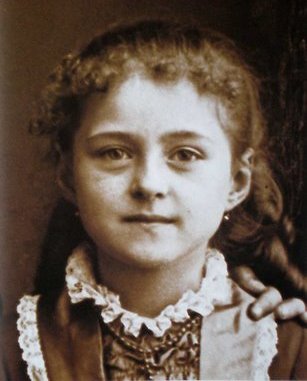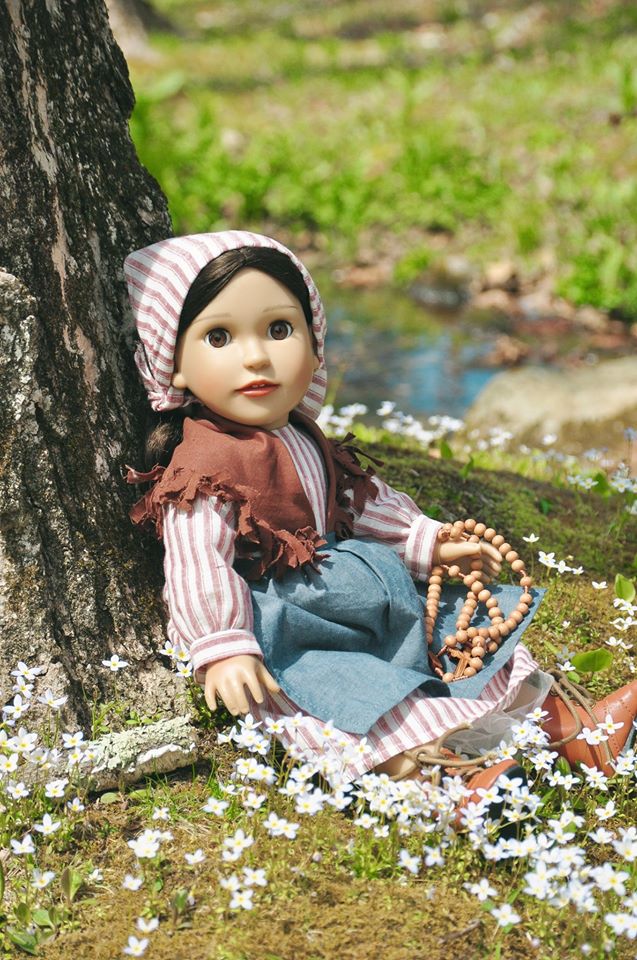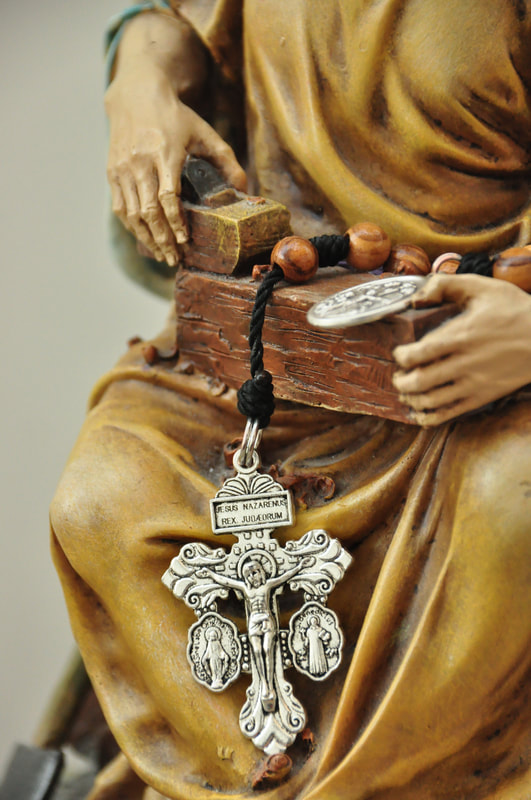"It is needful to remain little before God and to remain little is to recognize one's nothingness, expect all things from the good God just as a little child expects all things from its father; it is not to be troubled by anything, not to try to make a fortune. Even among poor people, a child is given all it needs, as long as it is very little, but as soon as it has grown up, the father does not want to support it any longer and says: "Work, now you are able to take care of yourself". Because I never want to hear these words I do not want to grow up, feeling that I can never earn my living, that is, eternal life in heaven. So I have stayed little, and have no other occupation than of gathering flowers of love and sacrifice and of offering them to the good God to please Him.”
To be little also means not to attribute to one's self the virtues that one practices, believing that one can do something, but to acknowledge that the good God has placed these treasures in the hands of His little child so that the child can make use of them as needed, but always as the treasures of the good God.
Finally, it means not to be discouraged by one's faults because children often fall but they are too little to hurt themselves badly.
This is a pleasant intuition and one that affords many fruitful applications for the spiritual life.
Most especially it drew St. Therese along the path of a confidence that was not only a virtue but the life in us of the true theological virtue of hope. Advancing with great boldness to the end of this hope and wishing to place no limits to God's mercy for those who love Him with filial love
"I tell you that it is enough to recognize one's nothingness and to abandon one's self like a child in the arms of God." -St. Therese
Taken from: CARMELITE SPIRITUALITY by PAUL MARIE DE LA CROIX of the Order of Discalced Carmelites




